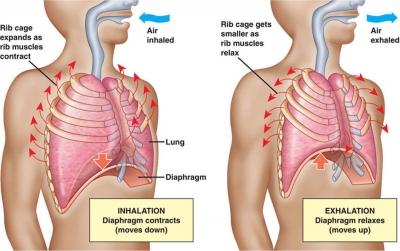
Video games, track meets, chemistry class – your waking hours are crammed with activities and tasks that give your noggin a real workout. All that processing causes chemicals to clutter your brain. A good night’s sleep clears your head – literally. While you snooze, your brain goes into housekeeping mode, flushing the toxins and preparing itself for a busy day of math classes, socializing, and beating your brother in basketball.
One of the vital roles of sleep is to help us solidify and consolidate memories. As we go about our day, our brains take in an incredible amount of information. Rather than being directly logged and recorded, however, these facts and experiences first need to be processed and stored; and many of these steps happen while we sleep. Overnight, bits and pieces of information are transferred from more tentative, short-term memory to stronger, long-term memory—a process called “consolidation.” Researchers have also shown that after people sleep, they tend to retain information and perform better on memory tasks. Our bodies all require long periods of sleep in order to restore and rejuvenate, to grow muscle, repair tissue, and synthesize hormones.
Picture Credit : Google





